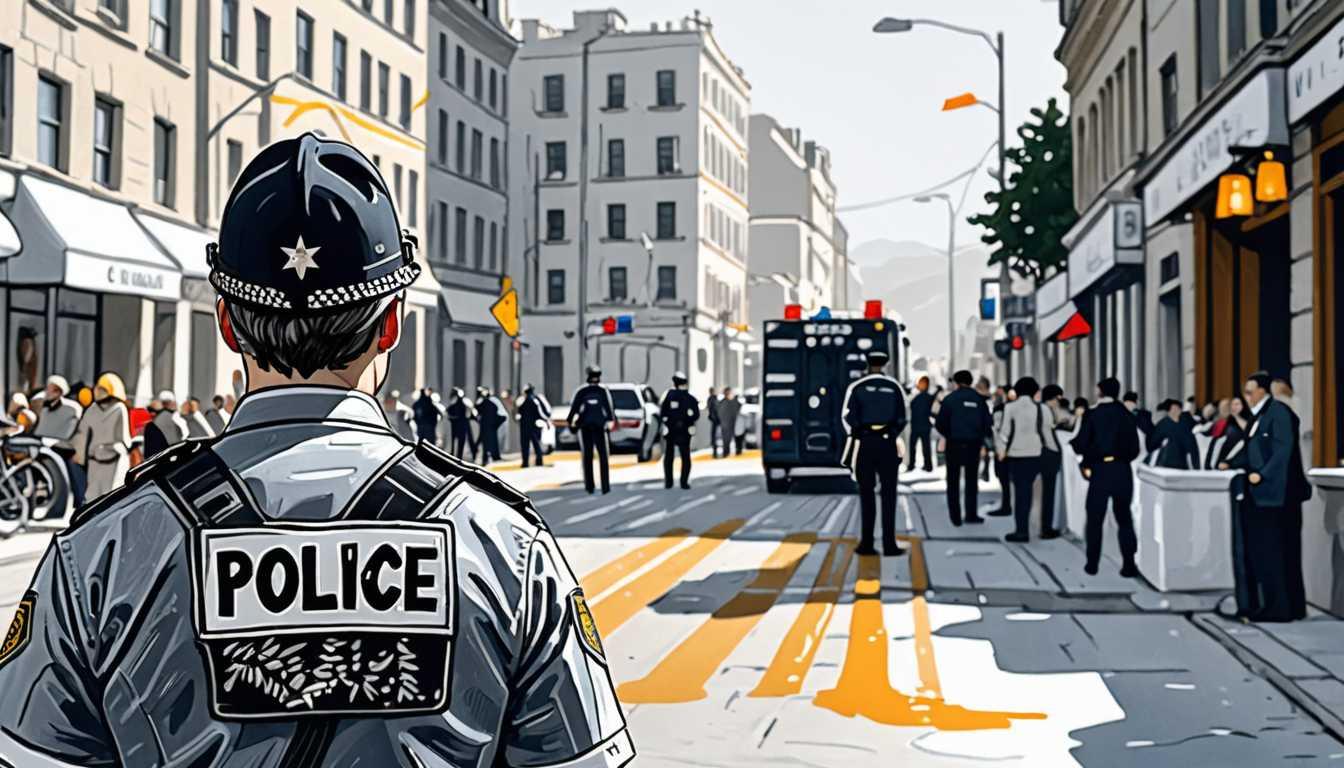Traffic Stops: Uncovering Racial Bias in Chicago
June 2024
Cornell News Highlights
Introduction
Hey there, curious minds! Did you know that Black drivers in Chicago are stopped by police way more often than white drivers, no matter where they're headed? A new study from Cornell's own Wenfei Xu reveals some shocking data about racial bias in traffic enforcement, using fancy GPS mapping to uncover the truth! This eye-opening research shows how traffic stops have become a new form of discrimination. Dive into the full article from Cornell News Highlights and get ready to be amazed!
READ FULL ARTICLEWhy It Matters
Discover how this topic shapes your world and future
Navigating the Roads of Racial Bias
Understanding the patterns of traffic stops and ticketing in cities like Chicago is crucial for recognizing how systemic racism can influence daily life. This research sheds light on the significant disparity in how Black and white drivers are treated by law enforcement, revealing that Black drivers are disproportionately stopped, regardless of where they are driving. This study not only highlights a contemporary issue of social justice but also illustrates broader themes such as racial profiling and the implications of these practices on community trust in law enforcement. For students, this topic is relevant as it connects to discussions about equality, justice, and the role of data in addressing societal problems. By engaging with this knowledge, you can become more informed citizens, contributing to conversations about fairness and reform in your own communities.
Speak like a Scholar
Racial Profiling
The practice of targeting individuals for suspicion of crime based on their race.
Systemic Bias
A form of prejudice that is ingrained in the policies, practices, and procedures of institutions, leading to unequal treatment based on race or other characteristics.
Demographics
Statistical data relating to the population and particular groups within it, often used to analyze social issues.
Traffic Citations
Official notices issued to drivers when they violate traffic laws, which can include fines or tickets.
Granular Analysis
A detailed examination that focuses on small, specific components rather than general trends.
Mobility Analytics
The study of how people move and travel, often using technology to track patterns and behaviors.
Independent Research Ideas
The Impact of Technology on Traffic Enforcement
Investigate how data analytics tools, like Replica, are changing the way cities enforce traffic laws and their implications for civil rights. Exploring this can reveal fascinating intersections between technology and social justice.
Comparative Study of Traffic Stop Policies in Different Cities
Research how traffic stop policies vary across cities in the U.S. and the resulting effects on community relations. This can be interesting as it uncovers the nuances of law enforcement practices.
Racial Bias in Other Areas of Law Enforcement
Examine racial bias in other policing practices, such as stop-and-frisk or searches, and compare these to traffic stops. This can help you understand broader systemic issues.
Public Perception of Police Practices
Conduct surveys or interviews to gauge community sentiment regarding police traffic stops and their effects on trust in law enforcement. This could give you insights into the sociocultural dimensions of policing.
Historical Evolution of Traffic Laws
Explore how traffic laws and enforcement have changed over time in relation to race and social justice movements. This could reveal how historical contexts shape present-day practices.
Related Articles

Identity Omission: Impact and Insights
April 2024
Cornell University

Zip Code to Prison? Unpacking Justice
April 2023
The Conversation

Traffic Fines and Social Inequality
May 2024
Cornell University

Self-Defense or Danger? A Closer Look
February 2022
University of Oxford

Training That Transforms: A Safer Approach
November 2024
King's College London - News